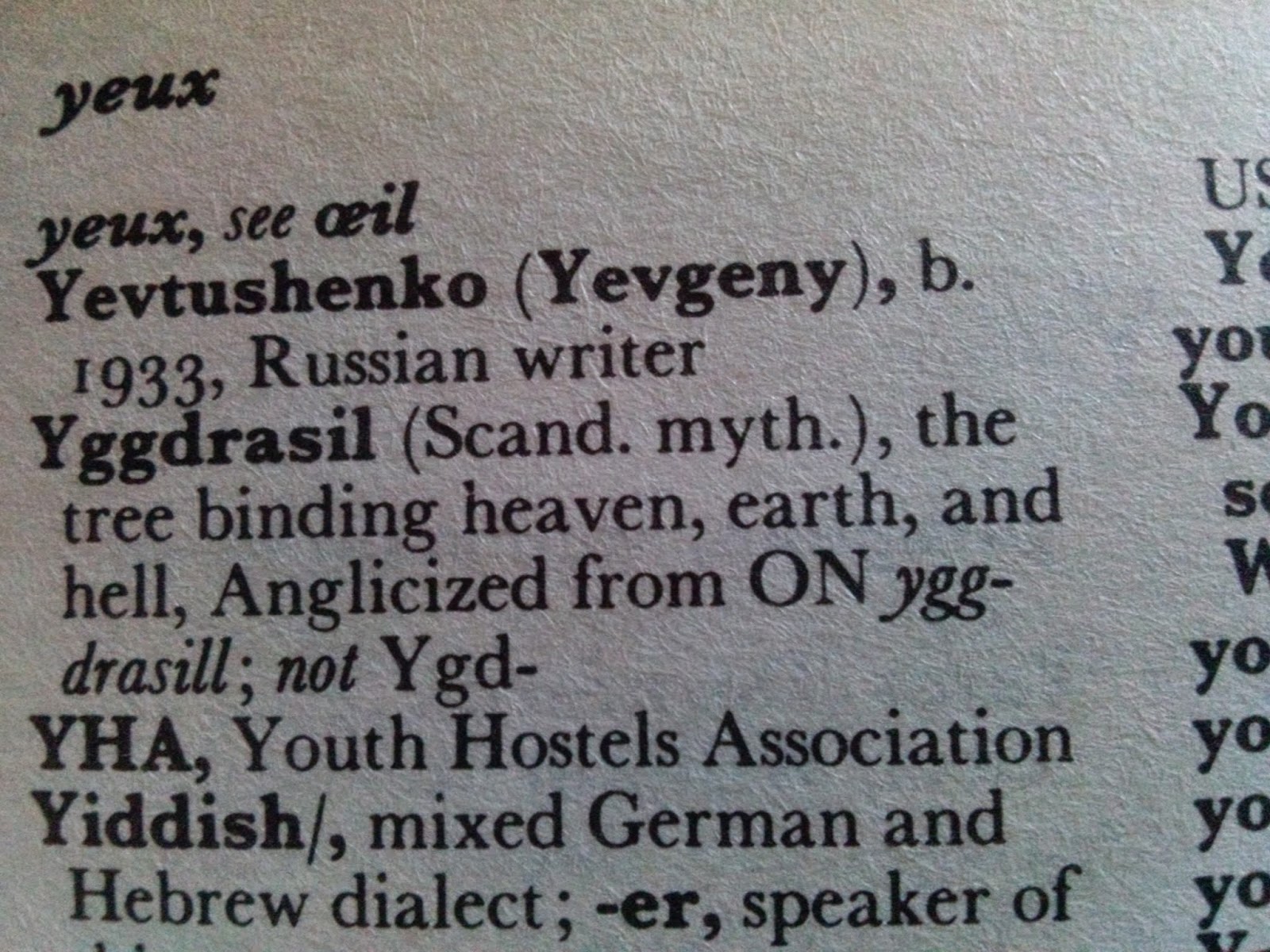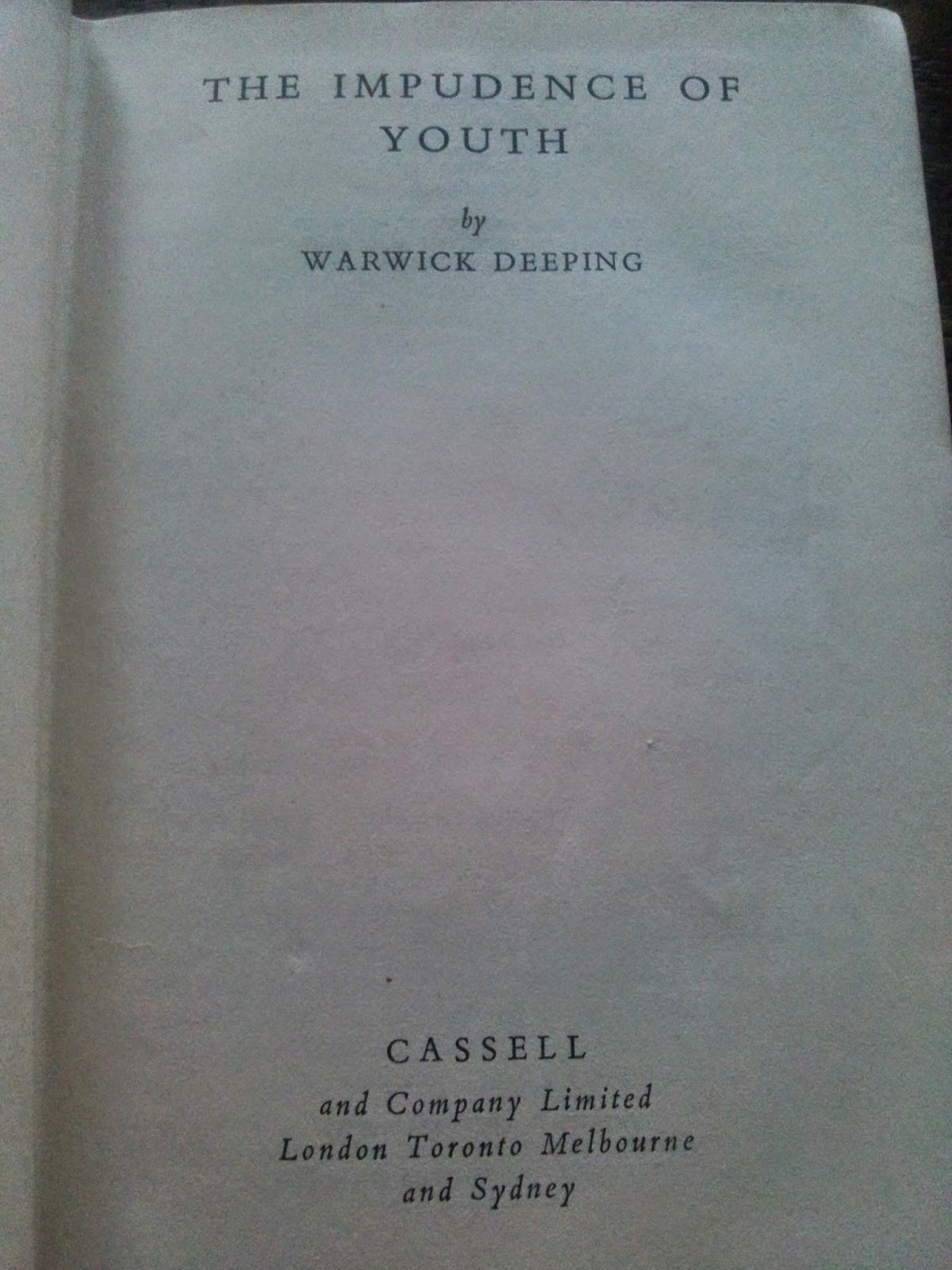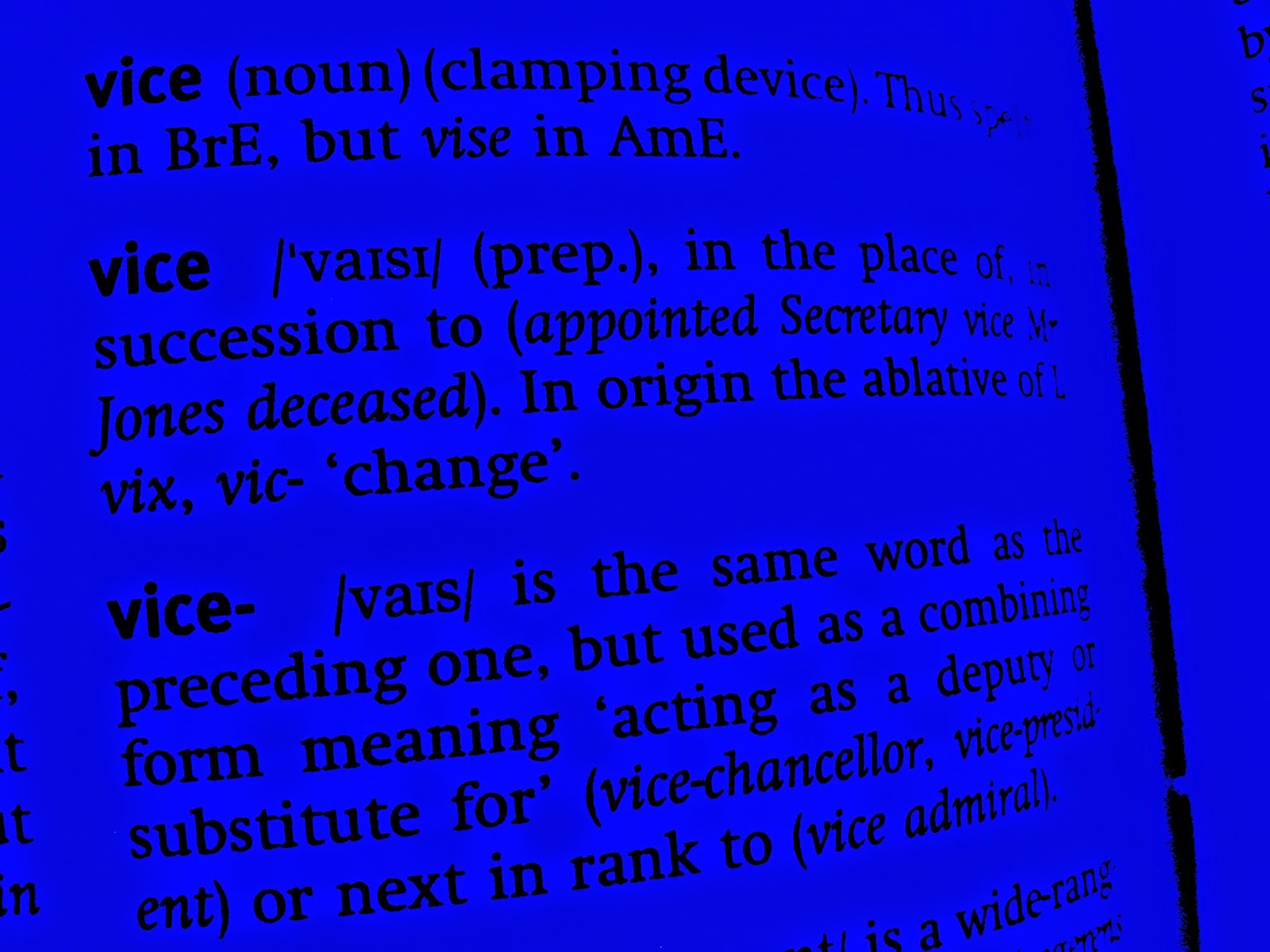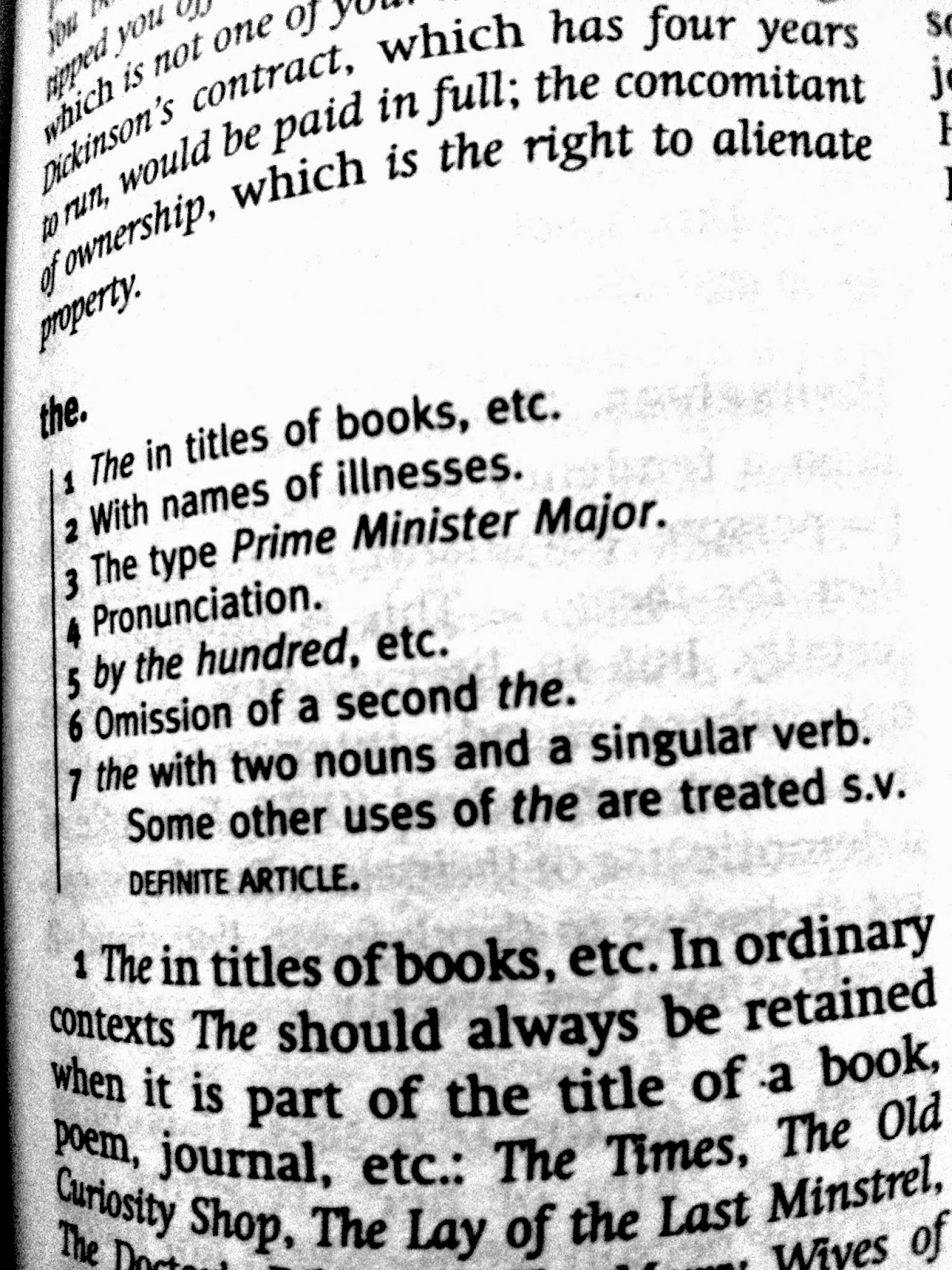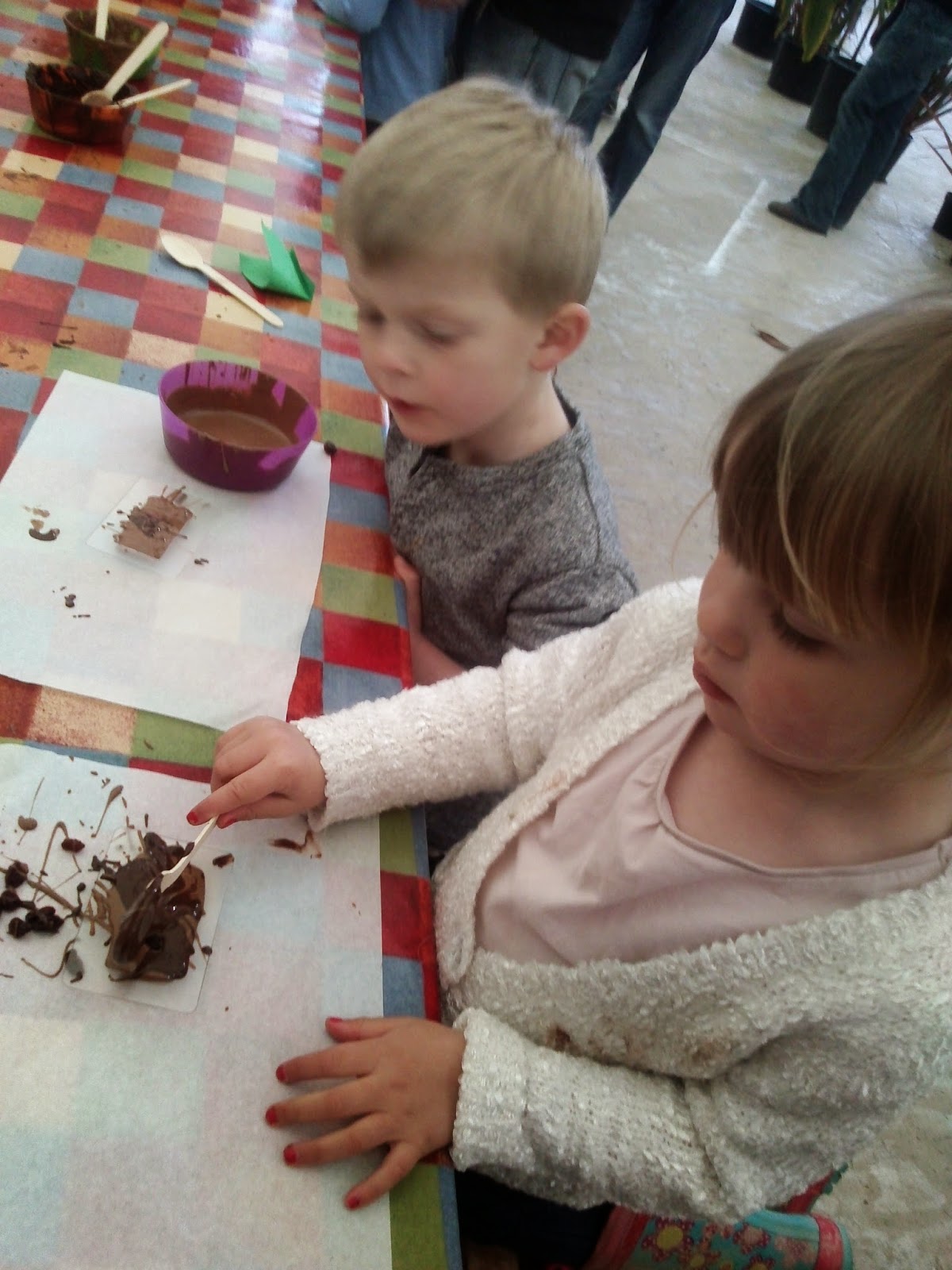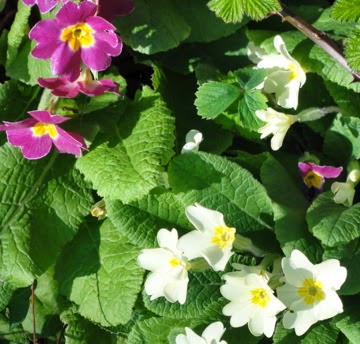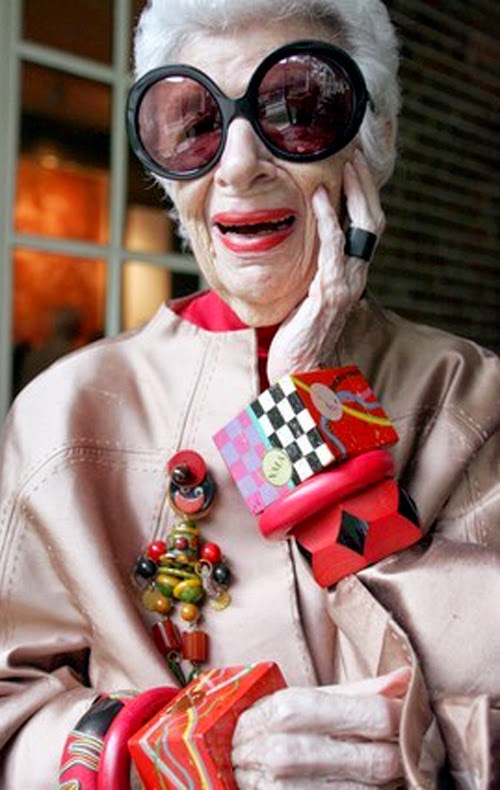Zwieback Finale

Last day of the Alphabet Challenge: my dictionary random selection offers me a snack. Zwieback, filling the niche between toast and biscuit, is an egg rich loaf that is sliced and further baked: zwieback means 'twice baked.' Cinnamon would be a nice addition, although the recipe I looked up had nutmeg. All Recipes: Sugar Zwieback Today is not for baking, there is too much garden work to do, so I'm leaving this link here to get back to when the next batch of planting and repotting is done. For my finale, I have put all of my randomly selected words into one sentence, and found that there is a kind of story in it, because every sentence has a sort of implied story to it, because story underpins everything we do, because more than bones or dust, story is our existence and our legacy. No wonder we are drawn to this reading and writing lark! April 2014 A-Z Finale Sentence: After an a bysmal b anister c onclusion at my d omicile lead me to e xpostulate, dr
